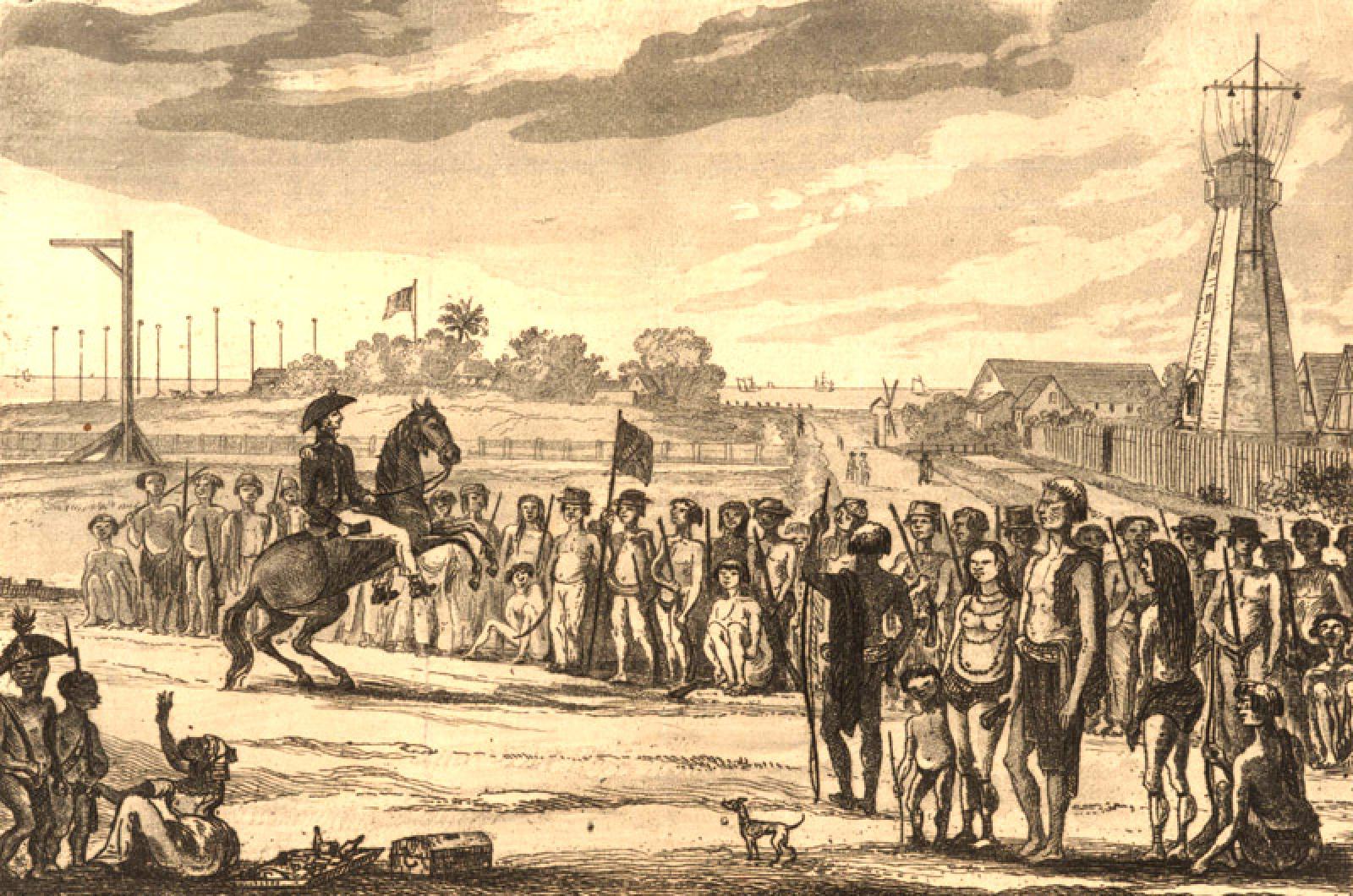From the very first moments that whites entered New England and the New World, they began their centuries-long sordid expropriation and exploitation of native American lands — a phenomenon that saturated both North and South America with the vile displacement and deaths of the dispossessed inhabitants. (Genocide is what this conscious ethnic extermination practice was called against Jews in Germany, Bosnian Muslims in Croatia, and Kurds in Iraq.)
It is a heritage laced with heinous practices that are continued today as insensitive, disrespectful and greedy whites seek to control and exploit for their own wealth, comfort, and convenience the purloined plateaus, valleys, mountains, rivers and streams comprising the hemisphere. The facts — and not the self-supportive, flattering, delusional mythology spun by contemptuous conquerors in fictional history books and Hollywood movies — are readily set forth in Roxanne Dunbar-Ortiz’s riveting epic, An Indigenous Peoples’ History of the United States.
The latest example of this pillaging phenomenon on Martha’s Vineyard is the control state government has sought to exercise over the Wampanoag tribe’s right to utilize their own land for gaming. Viscerally, the squabble is about the denizens of the rest of the Island seeking to preserve their tranquility, leisure and ambience by opposing the tribe’s right as a sovereign nation to exercise the principles of self-determination and do whatever they wish on and with their land.
Rather than assisting the tribal members in having a robust economy that uses an entertainment mechanism to increase the attractiveness (and the traffic) to the Indian domain, they would refute the right of the tribe to control its own destiny. It is bad enough that these avaricious interlopers have seized most of the Island for themselves. Now they are trying to control that tiny remnant of native American Vineyard soil that remains, and limit its enterprising use that which could otherwise create self-sustaining prosperity for the tribe. Rather, these “rustic, snobbish traditionalists” would prefer to see the tribe live hand-to-mouth in the quaint, picturesque, but decidedly non-lucrative profession of selling trinkets to the occasional summer tourists who come to view the majestic beauty of Aquinnah.
It is time to turn full control of the remaining tribal lands over to the tribe, make suggestions to them on how to use their land compatibly with the rest of the Island, and then get out of the way as they choose to follow the path their wisdom and selection process leads them to. There is currently some ambiguity within the tribe as to which way to go; but if the choice is gaming, fine. We will help them make it work.
Flash Wiley is an attorney, political activist and resident of West Tisbury.




Comments
Comment policy »